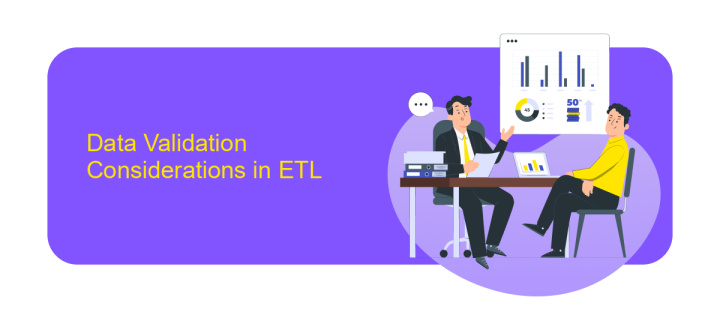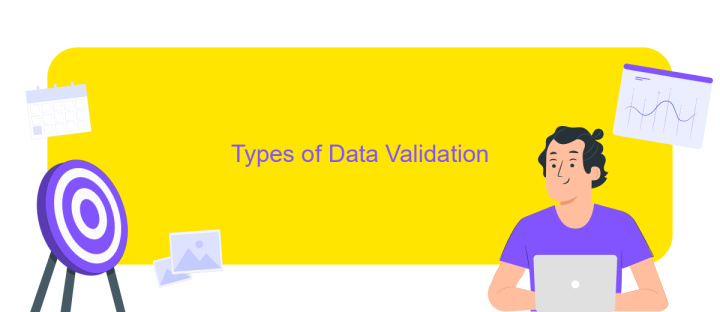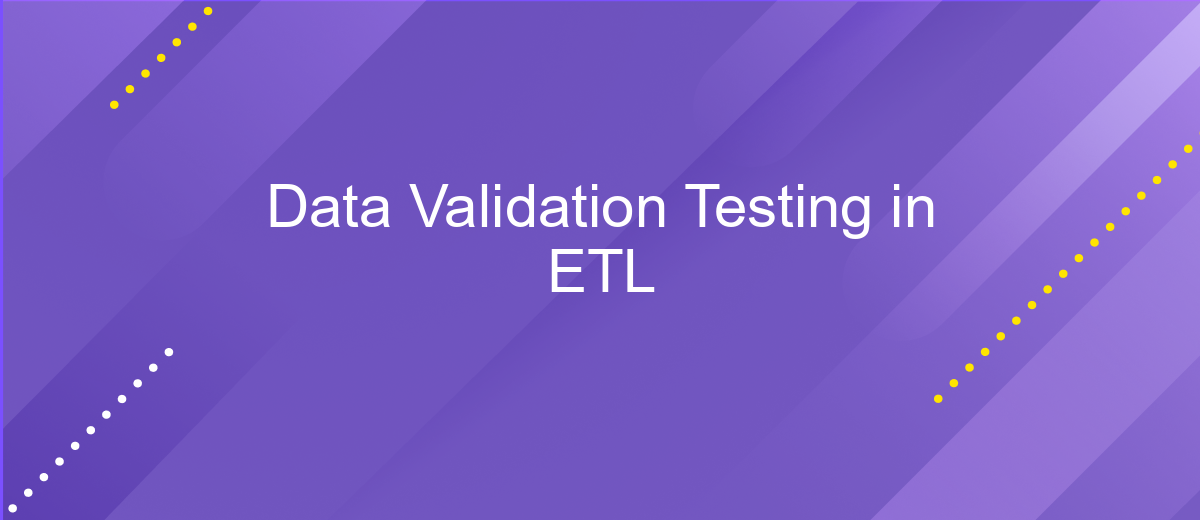Data Validation Testing in ETL
Data validation testing in ETL (Extract, Transform, Load) processes is crucial for ensuring data accuracy, consistency, and reliability. This testing phase verifies that data has been correctly extracted from source systems, accurately transformed according to business rules, and successfully loaded into the target database. Effective data validation helps organizations maintain data integrity, support decision-making, and comply with regulatory requirements.
Introduction
Data validation testing in ETL (Extract, Transform, Load) processes is crucial for ensuring data accuracy, consistency, and reliability. ETL workflows are designed to extract data from various sources, transform it into a suitable format, and load it into a target system. However, during these stages, data can become corrupted, incomplete, or inconsistent, which makes validation testing essential.
- Ensuring data integrity and accuracy
- Identifying and rectifying data inconsistencies
- Maintaining data quality throughout the ETL process
Tools like ApiX-Drive can simplify the integration and automation of data workflows, making it easier to set up and manage ETL processes. By leveraging such services, organizations can ensure that their data validation testing is both efficient and effective, ultimately leading to more reliable data analytics and business intelligence outcomes.
Data Validation Considerations in ETL

Data validation in ETL processes is crucial to ensure the accuracy, completeness, and reliability of data as it moves from source to destination. One key consideration is the establishment of validation rules that check for data integrity, such as verifying data types, formats, and ranges. These rules should be designed to catch errors early in the ETL pipeline, preventing the propagation of faulty data through subsequent stages. Additionally, it is essential to implement robust error-handling mechanisms that can log, report, and possibly correct validation issues in real-time.
Another important aspect is the integration of automated tools and services to streamline the validation process. For instance, using a service like ApiX-Drive can facilitate seamless integration between various data sources and validation tools, ensuring that data flows smoothly and accurately. ApiX-Drive allows for the automation of data transfers and validations, reducing the manual effort required and minimizing the risk of human error. By leveraging such services, organizations can enhance the efficiency and reliability of their ETL processes, ultimately leading to more trustworthy data analytics and reporting.
Types of Data Validation

Data validation is a critical step in the ETL process to ensure the accuracy and quality of data being transferred. Different types of data validation can be employed to achieve this goal, each serving a unique purpose.
- Format Validation: Ensures that the data adheres to a specified format or pattern, such as date formats, email addresses, or phone numbers.
- Range Validation: Checks that the data falls within a predetermined range, such as numerical values between a minimum and maximum limit.
- Consistency Validation: Verifies that data is consistent across different datasets or within the same dataset, ensuring no conflicting information.
- Completeness Validation: Ensures that no required data fields are missing and that all necessary information is present.
- Uniqueness Validation: Ensures that each data entry is unique, preventing duplicate records in the dataset.
Using tools like ApiX-Drive can streamline the data validation process by automating these checks and integrating them seamlessly into your ETL workflow. This not only enhances data quality but also saves time and reduces human error, making your data integration process more efficient and reliable.
Data Validation Techniques

Data validation is a crucial step in the ETL (Extract, Transform, Load) process, ensuring the accuracy and quality of data before it is loaded into the target system. Effective data validation techniques help to identify and rectify errors early, preventing potential issues downstream.
There are several techniques to validate data during the ETL process. These techniques can be applied at different stages, from data extraction to transformation and finally, before loading into the target system. Implementing these techniques ensures that only clean, accurate, and reliable data is used for analysis and decision-making.
- Field-level validation: Ensures that each field in the dataset adheres to the expected format, type, and range of values.
- Record-level validation: Checks for duplicate records, missing values, and consistency across related fields within a single record.
- Cross-system validation: Compares data between the source and target systems to ensure consistency and completeness.
- Business rule validation: Ensures that data adheres to predefined business rules and logic, such as unique constraints and referential integrity.
Using tools and services like ApiX-Drive can streamline the data validation process by automating integrations and ensuring seamless data flow between various systems. This not only saves time but also reduces the risk of human error, leading to more reliable and actionable insights.
- Automate the work of an online store or landing
- Empower through integration
- Don't spend money on programmers and integrators
- Save time by automating routine tasks
Implementation and Best Practices
Implementing data validation testing in ETL processes requires a structured approach to ensure data integrity and accuracy. Start by defining validation rules that align with business requirements, such as data type checks, range validations, and referential integrity. Utilize automated testing tools to streamline the validation process and identify discrepancies early. Incorporating unit tests and integration tests can help detect issues at different stages of the ETL pipeline, enhancing overall data quality.
Best practices include maintaining comprehensive documentation of validation rules and test cases to facilitate easier troubleshooting and audits. Regularly updating these documents ensures they remain relevant as business needs evolve. For seamless integration and automation, consider using services like ApiX-Drive, which can help connect various data sources and automate data flows. By leveraging such tools, you can reduce manual intervention and focus on refining validation strategies. Additionally, conducting periodic reviews and updates of validation rules ensures they remain effective and aligned with current data governance policies.
FAQ
What is Data Validation Testing in ETL?
Why is Data Validation Testing important in ETL processes?
What are some common methods for Data Validation Testing in ETL?
How can automation tools help in Data Validation Testing?
What challenges might you encounter during Data Validation Testing in ETL?
Strive to take your business to the next level, achieve your goals faster and more efficiently? Apix-Drive is your reliable assistant for these tasks. An online service and application connector will help you automate key business processes and get rid of the routine. You and your employees will free up time for important core tasks. Try Apix-Drive features for free to see the effectiveness of the online connector for yourself.


